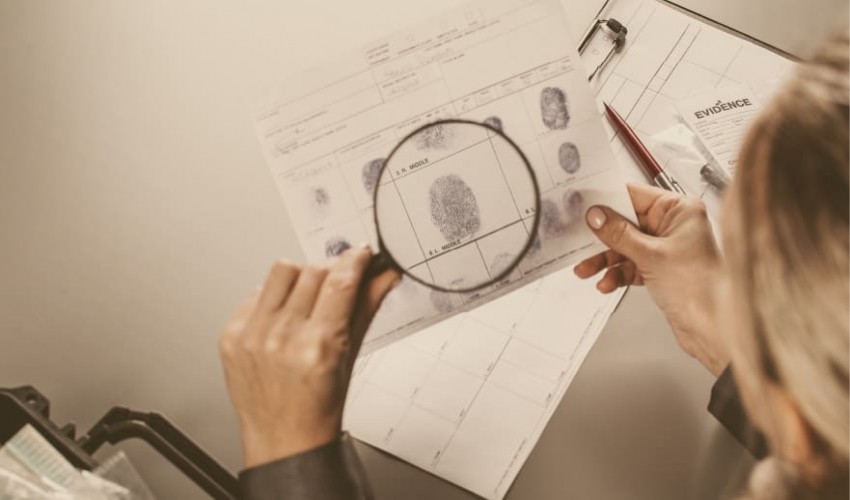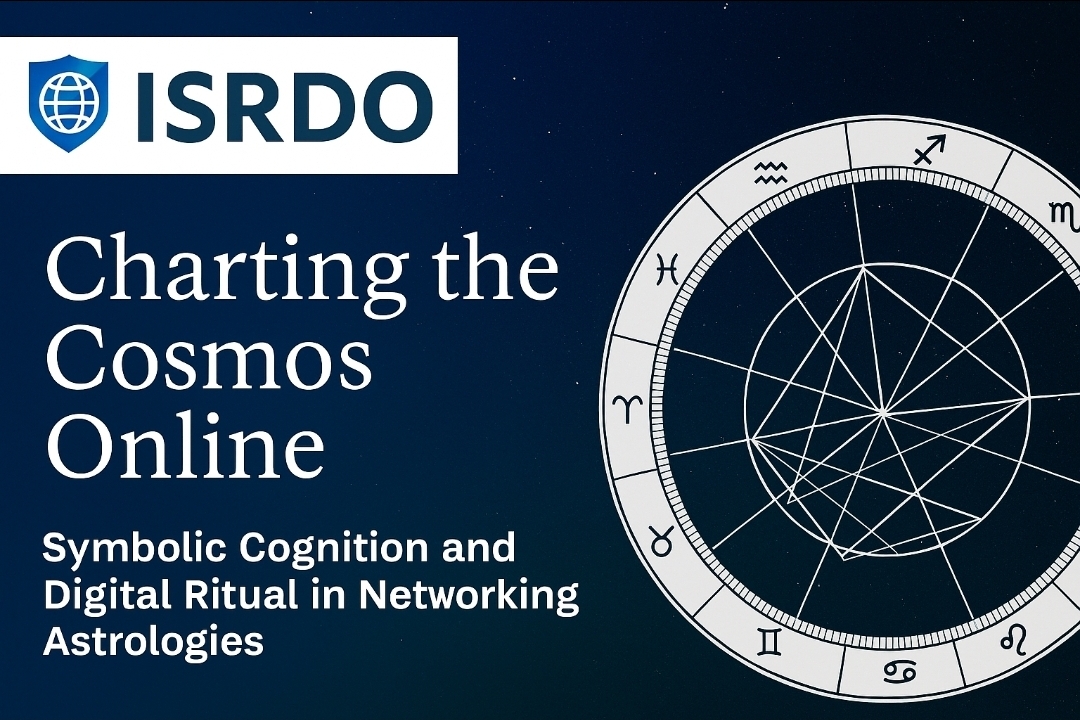
Criminology
Criminology is the study of crime and deviant behaviour. Criminology
is an interdisciplinary field in both the behavioural and social sciences,
which draws primarily upon the research of sociologists, psychologists,
philosophers, psychiatrists, biologists, social anthropologists, as well as
scholars of law.
Criminologists are the people working and researching all of the ins and outs of criminology. Criminologists often look for behavioral patterns of a possible criminal in hopes of finding a particular perpetrator. They also conduct research and investigations, developing theories, and composing results, and more often than not solve crimes.
The interests of criminologists include the study of nature
of crime and criminals, origins of criminal law, etiology of crime, social
reaction to crime, and the functioning of law enforcement agencies and the
penal institutions. It can be broadly said that criminology directs its
enquiries along three lines: first, it investigates the nature of criminal law
and its administration and conditions under which it develops, second, it
analyses the causation of crime and the personality of criminals; and third, it
studies the control of crime and the rehabilitation of offenders. Thus,
criminology includes within its scope the activities of legislative bodies,
law-enforcement agencies, judicial institutions, correctional institutions and
educational, private and public social agencies.
- Principles of Criminology
- Criminal Laws
- Human Behaviour and Criminology
- Psychology of Crime and Delinquency
- Contemporary Crimes
- Police Administration
- Human Rights and the Study of Police Administration
- Counselling and Guidance
- Vigilance and Security Management Private Detection and Investigation
- Theories of Crime
- Forensic Science
- Economic Offences and Prevention
- Security Management
- Human Rights in Criminal Justice
- Cybercrime
- Crime Prevention Management
- Juvenile Justice System
Recent Published
Submit Manuscript
To give your manuscript the best chance of publication, follow these policies and formatting guidelines.


